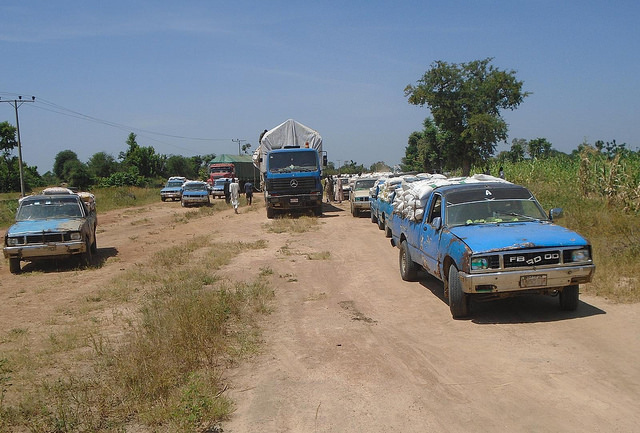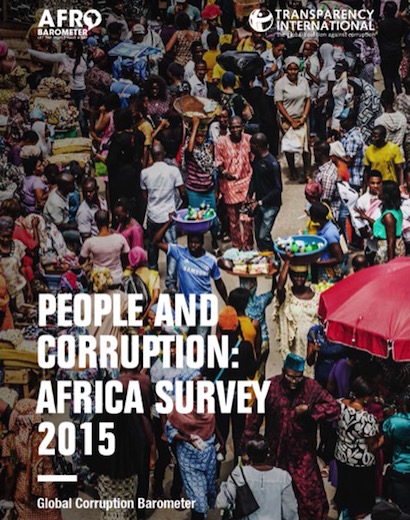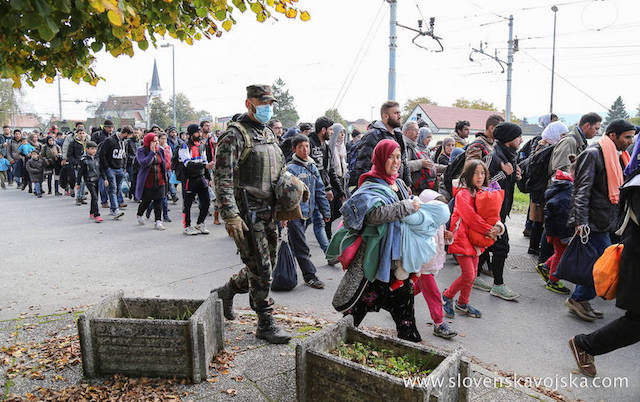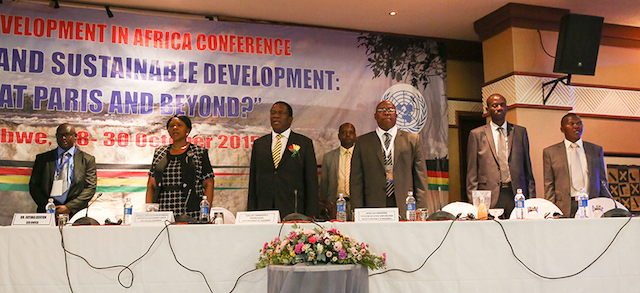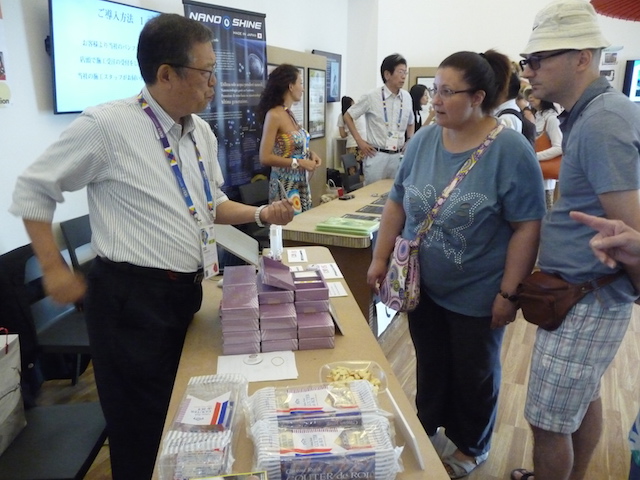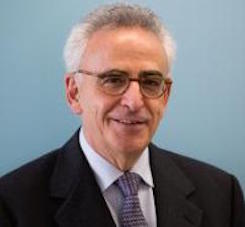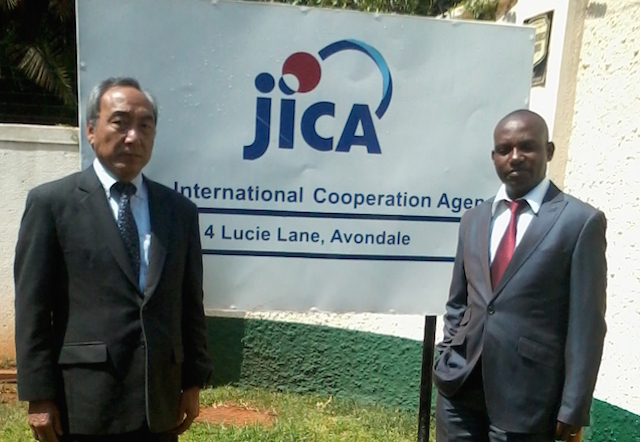By Jutta Wolf | IDN-InDepthNews Analysis
BERLIN (IDN) – A man raped a nine-year old girl who was on her way to school and infected her with HIV. The Zimbabwean police initially arrested the attacker, but then released him in secret. The reason: he paid bribe.
This case is by no means an exception The police and private sector have regularly been rated as highly corrupt, says Transparency International in a report entitled People and Corruption: Africa Survey 2015, adding: “we hear stories like this every day . . . In many countries you can pay off police officers to ignore any crime, however horrific and devastating – it’s just a matter of price.”
In fact, says the report, bribery affects more than one-in-five Africans. “Shockingly, we estimate that nearly 75 million people have paid a bribe in the past year – some of these to escape punishment by the police or courts, but many also forced to pay to get access to the basic services that they desperately need.”
For this latest African edition of the Global Corruption Barometer, Transparency International partnered with the Afrobarometer, which spoke to 43,143 respondents across 28 countries in Sub-Saharan Africa between March 2014 and September 2015 to ask them about their experiences and perceptions of corruption in their country.


